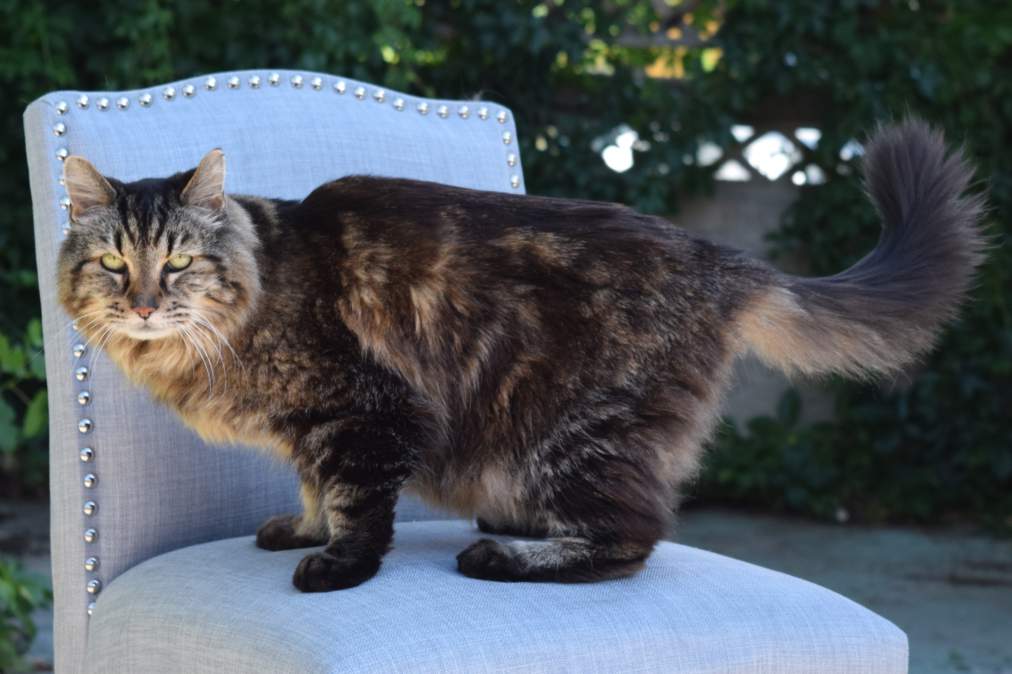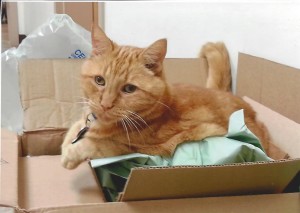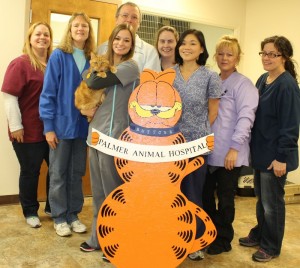If it only took thirty minutes to save the life of your pet, would you take those thirty minutes to go to the vet? Here at Palmer Animal Hospital routine wellness exams take only thirty minutes and are critical to the health of your pets. We perform a “Nose-to-Tail” exam on your animal and during this exam, the veterinarian screens the animal to see if it has any diesease or other ailment. Early detection of some problems within the animal such as cancers, infections, or even organ failure can allow it to be treated earlier with less expense and better success. After the animal has been checked, vaccinations are given based on the age of the pet. Puppies are recommended to be 6-8 weeks old when they come in for their first wellness exam and cats beween 8-10 weeks. Some of the vaccinations for canines include Rabies, Canine Distemper, Lyme Diesease, and Canine Influenza. The feline vaccinations given are Feline Rhinotracheitis, Calicivirus, Feline Leukemia Virus, and Rabies. Both the dogs and cats are dewormed if parasites are found during their exam. Other important information such as the recommended nutritional and dental care is discussed during these exams. Animals need wellness exams just like humans and also like humans, animal wellness exams are different based on the age and lifestyle of the animal.








